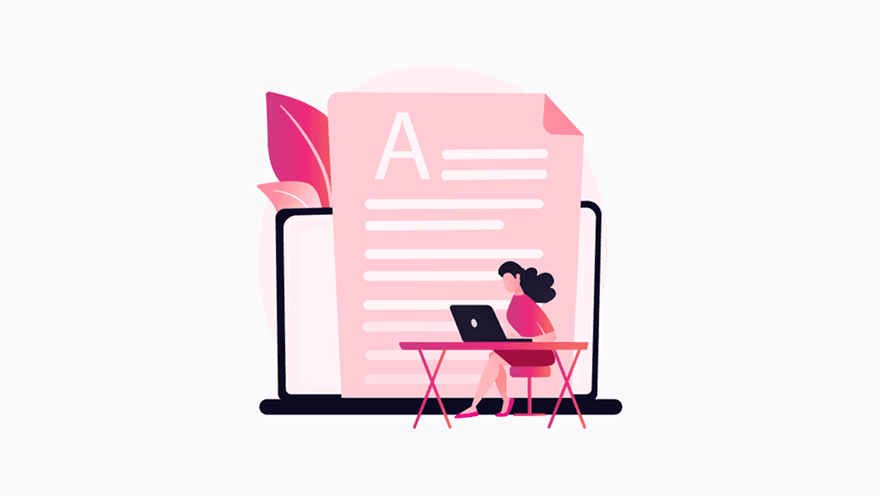Your resume is essentially a written version of yourself. It introduces you and shows your interests, achievements, hopes, and aspirations to the HR. This is what makes objectives so important. You are convincing the HR of an organization to hire you based on what they can read.
While your interests, hobbies and achievements are all about you. Your hopes and aspirations regarding the job you are applying to are different. This is the 'objective' of sending the resume to the HR. The objective is what convinces the HR that you are a good fit for the company.
So what constitutes a good objective? Read on to find out:
Your resume objective must be 2 to 3 sentences long and must contain the following:
-
An introduction to yourself
-
The job title you are applying for/ what you are looking for in the company
-
A couple of key skills/ what you bring to the company
Your skills can talk about your experience and should work to impress the recruiter.
Here's an example: A mass communications fresher with volunteering experience in event management. Seeking a PR position at XYZ company to apply my organizational, communication and public relation skills.
This is the ideal resume objective format. Just customize it to fit yourself, and you are almost done. However, there are a couple of points to keep in mind:
-
Your objective should never be generalised. Write it such that it seems to fit the job you are applying for. For instance, writing that you are skilled in communication isn't going to impress anyone hiring for a software engineering job. Similarly, writing only 'fresher looking for writing job' without the other parts is not favoured.
-
The skills that you include should be company focussed. Yes, you are talking about yourself. But a skill that doesn't help the company will not win you points. You could be good at writing, but will that help you in a technical job. On the other hand, writing would be an excellent skill to mention when applying for a journalism post.
-
Bragging is not going to help you here. Make sure you have facts to back up what you say. For instance, in the above example, if you have not managed to gain any contacts through your volunteering experience, do not mention public relations at all.
-
You can choose to add a long term career goal. For instance, in the above example, you could talk about your ambition to become the Head of Event Planning. However, ensure that your goal is related to the current company that you are applying to. Talking about your long term goal of becoming a dancer will not help you.
-
Write your objective in simple words. It makes you seem more friendly and likeable. Using big and uncommon words might make you seem like an arrogant know-it-all.
Now that you are aware of what you should and shouldn't do while writing a resume objective, try making your resume. Glow & Lovely Careers (formally known as The Fair & Lovely Career Foundation) offers a free resume builder that you can use to impress the HR. Best of luck!

